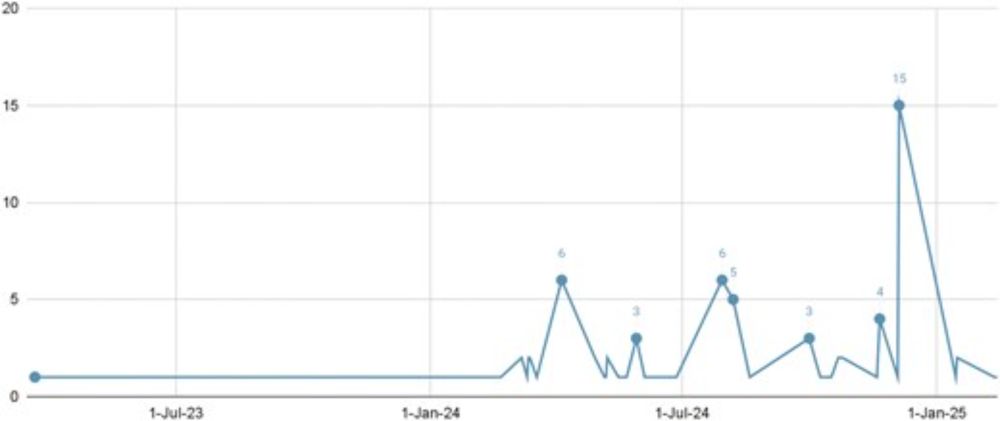
A call for collaboration between lawyers, policymakers, and designers. (6/6)
A call for collaboration between lawyers, policymakers, and designers. (6/6)
Regulators are trapped in a reactive loop of “proving harm.” (5/n)
Regulators are trapped in a reactive loop of “proving harm.” (5/n)
Our paper systematically reviews how Law & HCI have studied dark patterns and uncovers the root causes of regulatory failure. (2/n)
Our paper systematically reviews how Law & HCI have studied dark patterns and uncovers the root causes of regulatory failure. (2/n)

Visit our website to discover more about our research: www.create.ac.uk
Visit our website to discover more about our research: www.create.ac.uk

